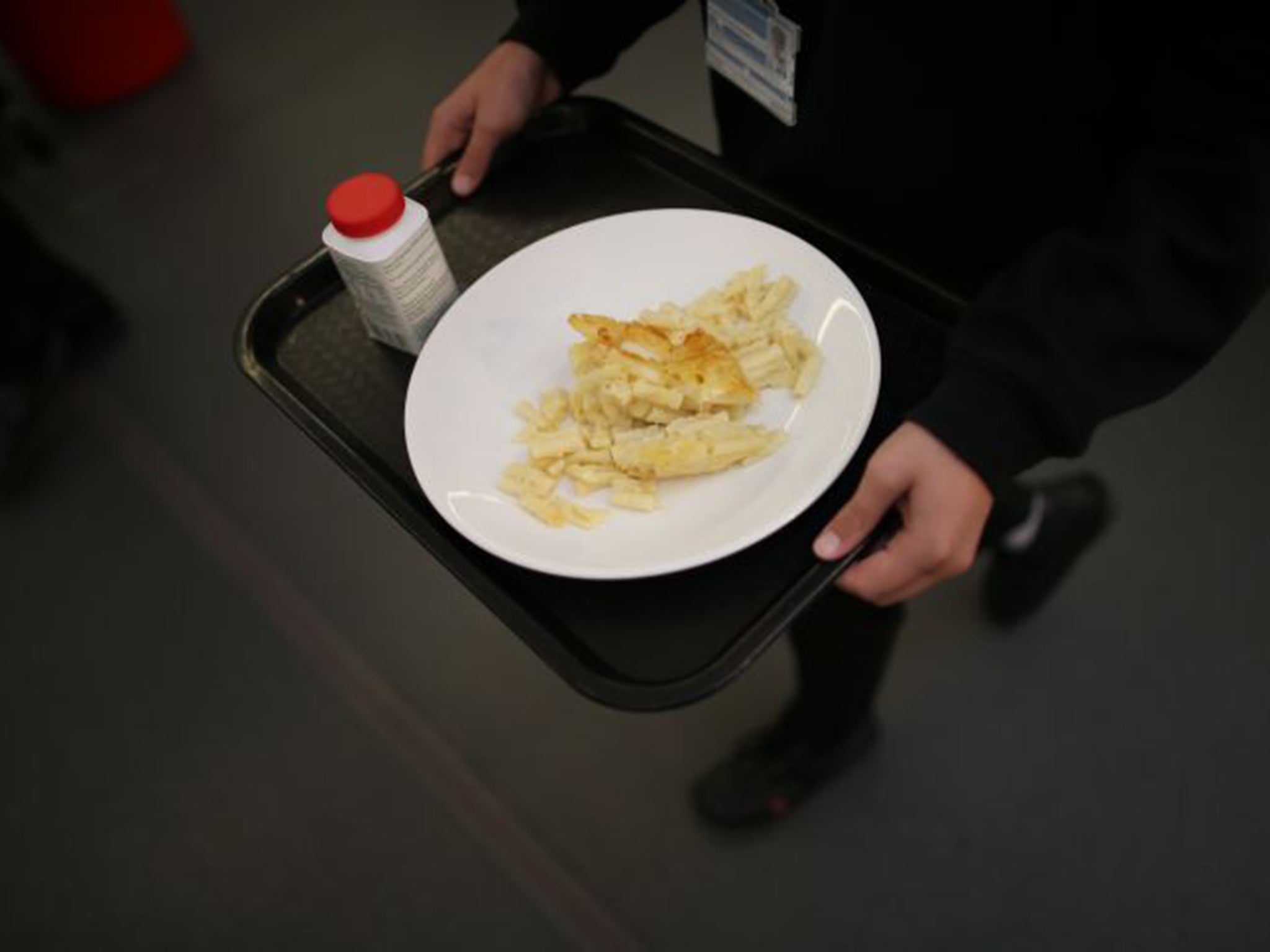Thankfully, Corbyn’s short sighted school meals policy will never be introduced
Increasing fees by 20 per cent would push those parents already breaking the bank to go private into the state sector, putting more pressure on already over-subscribed, cash-strapped schools, cancelling out any financial advantage


Jeremy Corbyn wanted the media to talk more about his party’s policies and less about his leadership, and he has got his wish. The Labour leader’s idea to fund free school meals for every primary school pupil, funded by imposing VAT on private school fees, was all over the news bulletins on Thursday morning. Offering free stuff to children is a pledge in the classic electioneering style, and shows that if Theresa May were thinking about going to the polls earlier than 2020, Labour are already in manifesto-building mode.
The policy itself has its problems. I don’t doubt that there will be plenty of voters with primary school-age children who will be attracted by the idea of free school meals (they are already funded up to the age of seven, so this is a free lunch ticket, doubled). There will also be many voters who cannot afford to fund private education and wish their own child’s school had the vast playing fields and shiny swimming pools they walk past every day. But increasing fees by 20 per cent would push those parents already breaking the bank to go private into the state sector, putting more pressure on already over-subscribed, cash-strapped schools, and cancelling out any financial advantage. Smaller independent institutions would risk closure, also increasing the burden on state schools. The private sector would become even more elitist, remote islands of privilege where only the children of the mega-rich could afford to go.
When it comes to extending free school meals, universalism in public services is an important principle - the one in which services only for the poor become poor services - when applied to the NHS or education, but funding school meals for all does not fit that principle. School dinners have to meet nutritional standards, whether they are free or not. It isn’t right that a policy that takes money from one group of middle class parents simply goes to help another.
There is more that private schools can do to justify their charitable status. Many schools open their luxurious facilities to the state sector, but on a tokenistic basis. Yet far more damaging to the prospects of disadvantaged children is not wealthy parents paying for a private education but the Government’s drive for new grammar schools, which will entrench divisions of class and wealth. The grammar schools policy poses a generational threat to social mobility, so why aren’t Corbyn and Angela Rayner, the shadow education secretary, making more of a fuss about it, particularly when it is something that affects all children?
After a turbulent week in which Labour MPs from all wings of the party were outraged over Ken Livingstone being let off with a slap on the wrist, and Corbyn’s frustration over questions about his leadership spilled out into the open in an interview with ITV News, it is refreshing to have a real Labour policy to discuss. It shows that they are getting onto an election footing, whenever the time comes. Corbyn knows his leadership will be tested again in next month’s local elections, when his party could lose as many as 125 seats. Whether he likes it or not, the leadership question will never go away because Labour’s poll rating is so low and he is so divisive. It is highly unlikely that Labour will win the next election. The only thing Corbyn can do to respond to criticism about his leadership is to produce serious policies and try to stop his poll rating dropping further - as grimly unambitious as this sounds for Labour, that is how desperate their situation is. The schools policy is problematic, short-sighted and is unlikely to ever be introduced by a Corbyn government. But it might be sufficiently attractive to persuade some wavering Labour voters not to flee to Ukip, the Lib Dems or the Conservatives, and that might be enough, for now.
Join our commenting forum
Join thought-provoking conversations, follow other Independent readers and see their replies
0Comments